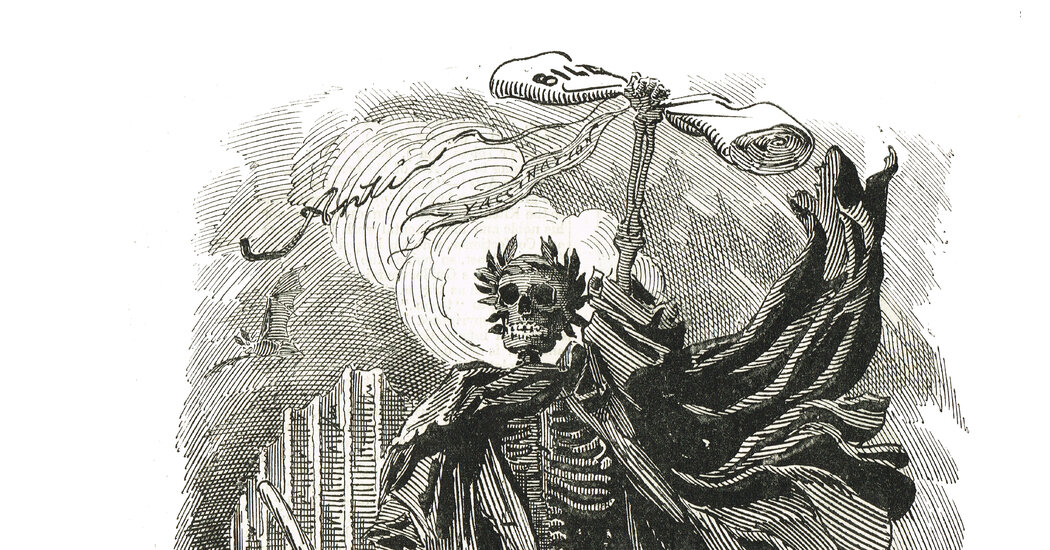The convergence of the coronavirus pandemic and the concept of the Tragedy of the Commons offers a profound opportunity to delve into Bahá’í teachings, which emphasize unity, collective responsibility, and the interconnectedness of humanity. This exploration serves not only to elucidate the implications of the pandemic but also to challenge individuals and societies to reflect on their own roles in the larger global ecosystem.
To begin with, it is essential to elucidate the Tragedy of the Commons, a term popularized by philosopher Garrett Hardin in 1968. This concept describes how individuals acting independently, in their own self-interest, can ultimately deplete shared resources, leading to detrimental outcomes for the collective. When viewed through the lens of Bahá’í teachings, this idea resonates deeply with the ethical principles that underpin the Faith, advocating for the welfare of the whole rather than the indulgence of the individual.
One of the hallmark tenets of the Bahá’í Faith is the principle of the oneness of humanity. This principle posits that all individuals are interrelated, and therefore, the wellbeing of one is inherently tied to the wellbeing of all. The coronavirus pandemic starkly illuminated this interconnectedness. As the virus transcended borders, affecting populations globally, it became an undeniable representation of how individual actions—such as neglecting public health guidelines—could spiral into global crises. Bahá’í teachings encourage adherence to community health measures as acts of service to humanity, emphasizing the duty one has to protect others, thus challenging the notion of individualism when it stands in opposition to the common good.
Furthermore, Bahá’í scripture highlights the imperative of consultation—an essential practice that facilitates collective decision-making. Consultation, according to Bahá’í teachings, is a method by which individuals come together to discuss and analyze issues, seeking truth as a group rather than prioritizing personal interests. In tackling the pandemic, this principle of consultation can be perceived in the discourse surrounding health policies, public adherence to mandates, and the dissemination of accurate information. Societies that utilize collective consultation are more capable of presenting unified responses, thereby mitigating the adverse effects of the pandemic. This shared deliberation fosters a culture of collaboration, assisting communities in navigating the myriad challenges that arise during crises.
Moreover, the Bahá’í teachings place significant emphasis on justice as a foundational pillar for social order and community solidarity. The inequitable distribution of resources and healthcare has exposed the fragility of social systems during the pandemic. Vulnerable communities worldwide bore the brunt of the crisis, highlighting systemic inequalities. The Bahá’í approach urges individuals to advocate for just practices and policies, ensuring that access to essential resources—vaccines, medical care, and information—is equitable. The notion of justice becomes paramount in overcoming the Tragedy of the Commons, as it calls for the prioritization of collective welfare over personal gain.
Additionally, the Bahá’í perspective inspires a forward-thinking attitude towards global cooperation. The inherent challenges posed by the coronavirus underscore the necessity for nations to unite in a common endeavor. Solutions must transcend geopolitical boundaries; a fact underscored by the nature of pandemics themselves. The Bahá’í writings inherently call for eradication of prejudices and nationalistic tendencies, fostering an atmosphere of international collaboration. Global initiatives to ensure vaccine distribution and public health supports resonate with the Bahá’í ideal of collective action—a testament to the unity required to transcend the ramifications of the pandemic.
In understanding the spiritual dimensions of the pandemic, one must also recognize the potential for personal transformation that arises in times of adversity. The Bahá’í teachings advocate for the development of virtues—such as patience, resilience, and compassion—amidst tribulation. The pandemic offers a unique backdrop for introspection and growth, allowing individuals to redefine their priorities and deepen their sense of purpose within the broader social tapestry. The challenges presented encourage a reevaluation of consumption patterns, environmental stewardship, and the ways in which one contributes to community welfare.
Furthermore, the role of education becomes paramount in navigating crises such as a pandemic. Bahá’í teachings immensely value education as a means of fostering enlightened individuals capable of contributing meaningfully to society. During the Covid-19 crisis, educational institutions pivoted, facilitating remote learning and compounding access to knowledge. This adaptability showcases the Bahá’í belief in the transformative power of education to instill a sense of responsibility towards the commons. As societies reflect on the implications of the pandemic, the critical role of education in promoting awareness about public health, environmental issues, and social justice will undoubtedly come to the fore.
In conclusion, the intersection of the coronavirus pandemic with the Tragedy of the Commons serves as an illuminating point of reflection within the framework of Bahá’í teachings. This juncture invites a collective reckoning of individual versus communal responsibilities, urging humanity towards greater unity and justice. The call for consultation, equitable access to resources, and global cooperation reinforces the teachings of Bahá’u’lláh, providing a pathway forward that champions the cause of the whole over the self. As the world emerges from the grip of this crisis, the principles inherent in the Bahá’í Faith will serve as a beacon for building a more cohesive and equitable global society. The path ahead becomes clearer in recognizing that our shared future hinges on our ability to care for each other and to steward the commons together.
